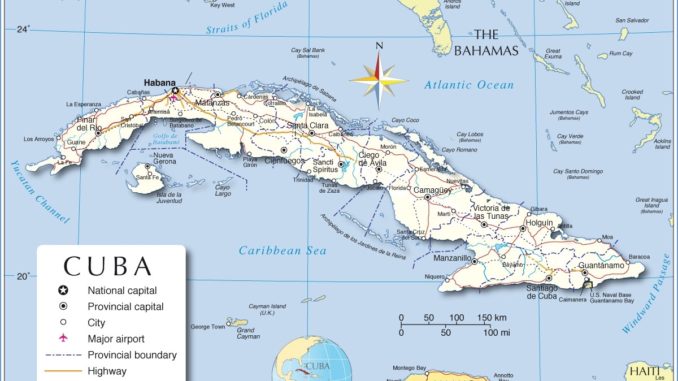
Court in Spain Dismisses Lawsuit Against Melia Hotels International Relating To Operations In Cuba; Plaintiffs Now Expected To Sue In U.S. Using Libertad Act
From Melia Hotels International
The Spanish Courts decide to close the case regarding the lawsuit filed by the Sanchez-Hill family against Meliá Hotels International
This is the first decision taken by any European Court following the activation of the Helms-Burton Act
The plaintiffs based their claim on the alleged illegitimate operation of hotels in Cuba on land which was nationalised under Law 890 in 1960 after the Cuban revolution in 1959. The hotels have been managed by Meliá since the late 1980s and early 1990s
The sentence orders the plaintiffs to pay all costs and is blunt in stating that a Spanish Court is not competent to assess, among other things, whether the nationalisation carried out by the Cuban government in 1960 was lawful or not
Magistrate’s Court number 24 in Palma de Mallorca has just issued a sentence supporting in full the arguments raised by Meliá Hotels International regarding the rejection of jurisdiction in relation to the lawsuit filed by Central Santa Lucía L.C., a company based in the United States of America.
Before the Cuban Revolution of 1959, Central Santa Lucia claims to have been the owner of land in Playa Esmeralda (Cuba) which was allegedly expropriated by the Cuban state after the approval of Law 890 on October 15, 1960. Central Santa Lucia bases its lawsuit on the alleged unlawful enrichment of Meliá due to the management of the Sol Río y Luna Mares and Paradisus Rio de Oro hotels.
Behind this procedural ruse, the lawsuit against Meliá was really intended to be based on the illegitimacy of the Cuban law by which land which they claim to have owned was expropriated (always allegedly). The Court concluded that the lawsuit filed by the plaintiff requires the prior determination of the lawfulness of the nationalisation activities carried out at the time by the Cuban government, conclusively stating that a Spanish Court is unable to assess whether nationalisation by a sovereign state may be considered legal or otherwise.
The sentence also states that the activities subsequently carried out by companies controlled by the Cuban government in selecting Meliá to operate the hotels are irrelevant, since what would really determine the alleged illegality of which the plaintiff accuses Meliá would be the initial act of nationalisation.
According to the Court, the rights of the plaintiff to any claims on the fruits of the operation of the hotels could only be considered if their rights to the ownership of the land were previously acknowledged, which would mean discussing, and eventually rejecting in this case, the right to ownership of the Cuban State, something which is not within the jurisdiction of the Spanish Courts as the sentence itself acknowledges.
Meliá Hotels International, advised by the prestigious law firm Garrigues, has expressed its total satisfaction with a sentence that begins to clarify the real limits that extraterritorial claims of this nature may have, always with total respect for applicable law. As Juan Ignacio Pardo, Chief Legal & Compliance Officer for Meliá points out, “the activation of Title III of the Helms-Burton Act after more than 20 years of suspension by successive US governments has obviously generated a degree of uncertainty on both sides of the Atlantic. Significant sentences such as this will help us all to be very clear about what may or may not be done under Spanish and European law. Not just anything goes in the world of law, and it is comforting to see how our courts are able to resist the influence of the media to clearly distinguish between procedural devices and solidly founded arguments”.
For Gabriel Escarrer, Vice President and CEO of Meliá, the importance of this sentence is not only that it is the first to be issued by a Court after the full activation of the Helms-Burton Act, but that according to international and Spanish law, “the Courts of another country are not in a position to review the legality of a law passed in Cuba in 1960 or the acts performed by a sovereign state in implementing that law.”
As the hotel company stated last April, the lifting of the suspension of Title III of the Helms-Burton Act by the US government will not affect Meliá Hotels International’s willingness to continue working for the sustainable development of the travel industry in Cuba, a country in which it has operated legitimately and impeccably for more than 30 years.
The company also indicates that the sentence dictated by Court 24 in Palma may be subject to appeal, although given the forcefulness of the sentence and its acceptance of all of the arguments presented by Meliá, it is difficult to imagine that any such appeal might prosper.
LINK To Spain Court Decision (2 September 2019)
LINK To Court Case Lawsuit Filings
Source: Economic Eye On Cuba — U.S. – Cuba Trade and Economic Council, Inc.

Leave a Reply